Cultural Ambassadors
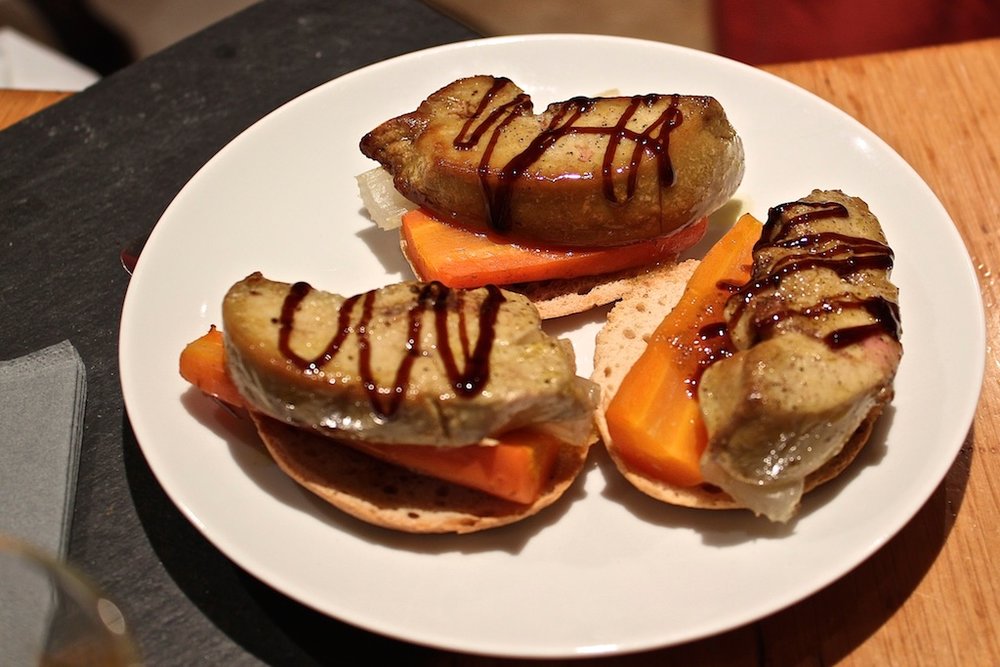
I grew up in Modesto, California; not necessarily a mecca of cultural cuisine. As a kid, my parents cooked dinner just about every night, making what my dad loves to call "just the basics". We would dine on steak and starch, plenty of soups, and the various vintage recipes that both my mom and dad each had up their individual sleeves. We travelled when I was young, so there were always cultural imports that eventually made it onto our mainstay menu. My parents had friends in Italy and Germany, so new variations on pasta and potatoes would find their way into the evolution of our collective family taste, but most of these influences were Mediterranean. What never made it onto our table was anything remotely French. My parents were not risk takers in the kitchen, and most of our meats were straightforward: chicken, fish, pork, and beef. Always a standard fillet cut. Never anything out of the ordinary. Shanks, livers, sweetbreads, and kidneys? These so-called delicacies were not part of my childhood, nor were they part of my twenties. The first time I experienced classic, traditional, old school French cuisine was in 2012—at the age of thirty-two—when I made my first voyage to Gascony with Charles Neal, and I had decided before that trip that I was going to eat whatever was put in front of me—familiar, or not. I knew it was going to be a trial by fire.
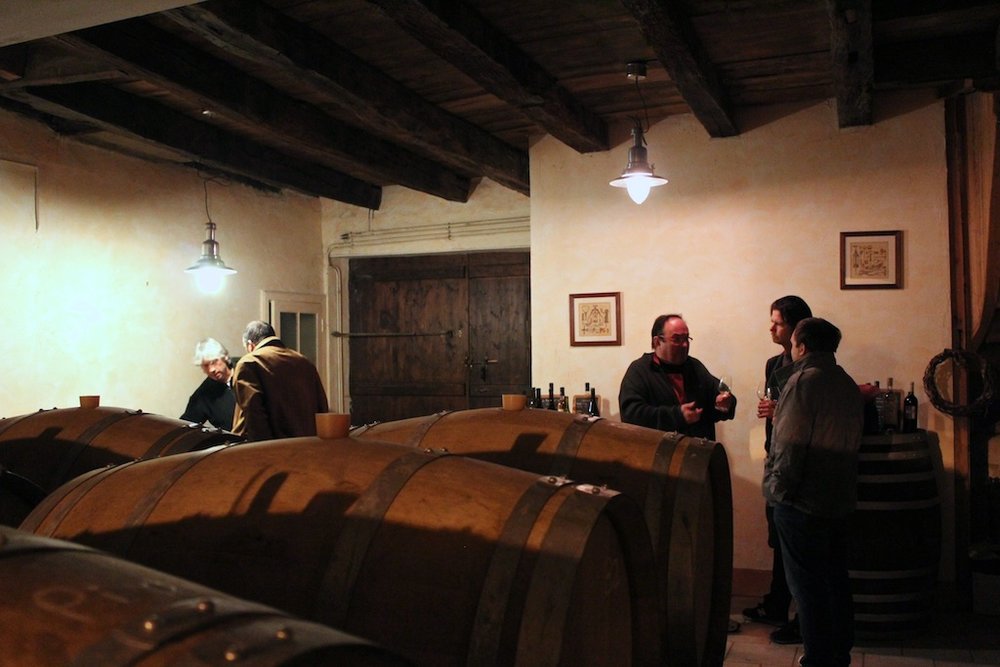
I had never even heard of coq au vin until I started working at K&L in 2007, and even when I did hear my colleagues refer to the French dish, I still had no idea what they were talking about. Foie gras? What was that? As a young twenty-two year old I had moved to Europe and backpacked my way through the former Eastern Bloc, stuffed my face during a short stay in Italy, and consumed enough bratwurst and beer in Germany to fortify a small army. I did manage a quick jaunt to Paris during those years, but only for a few days on the cheap. Nothing was really learned or comprehended during that whirlwind of a visit. I was ignorant of anything west of Stuttgart. Considering I had just landed a gig at the nation's premier Bordeaux retailer, I was incredibly lacking in my French cultural education. I listened quietly as my co-workers discussed their meals of rilletes and pâte, saucisson and confit, or cassoulet and bouillabaisse. I had absolutely no clue what any of these things were, but they seemed important. It would be another five years, however, until I experienced them first hand. I arrived in the Gascogne at around 11 PM on a cold winter evening, and we proceeded to drink wine at the local caviste while we waited for Charles's brother-in-law Bernard—a famous local chef—to make us a snack.
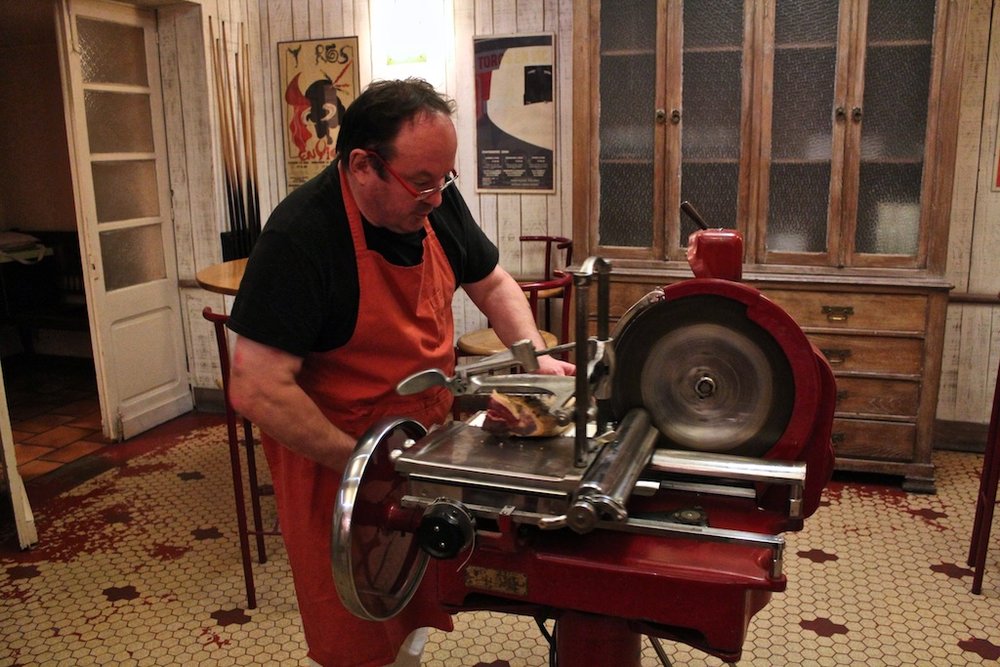
It's funny now to think back to my original jet-lagged state at the time, and how completely alien everything seemed. I didn't speak a word of French, I didn't know what anyone was saying or doing, and I had no idea what Bernard was cutting on the giant cleaving machine located in the middle of his Montreal-du-Gers establishment: Chez Simone. Nothing in my life had prepared me for this moment, not my college education, my previous travels overseas, or my years of experience on the K&L sales floor. I was completely out of my element, yet surrounded by people who felt completely at home.
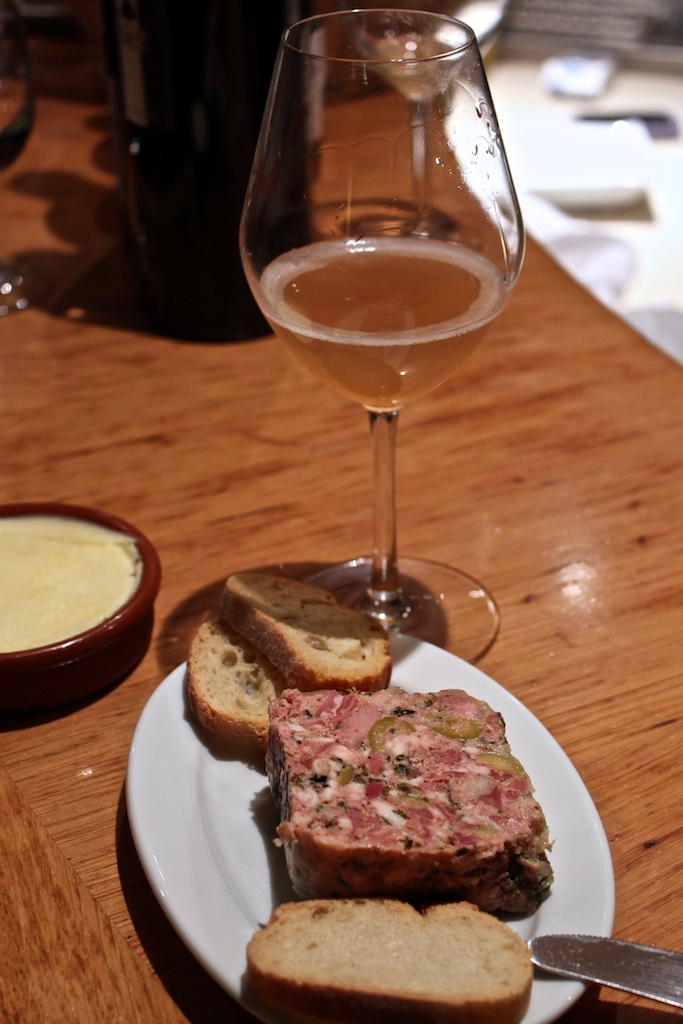
A plate was placed in front of me. Upon it were a few slices of fresh baguette and some sort of fancy meatloaf. This was terrine, I was told: a mixture of local wild boar and coarsely chopped ingredients, served cold with a glass of sparkling wine. I had eaten plenty of meatloaf as a kid, so this was no problem. It was absolutely delicious.
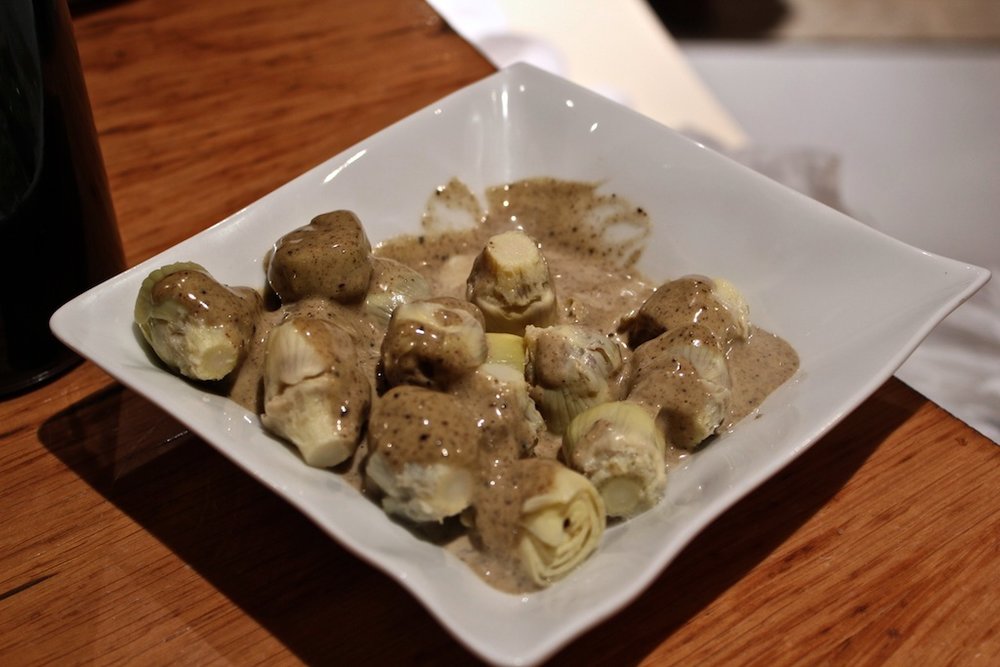
Next came a plate of steamed artichoke hearts covered with a creamy black truffle sauce. The only time I had ever even heard of truffles at that point was while watching the Smurfs as a kid. There were a few different episodes devoted to truffle hunting with Papa Smurf and puppy leading the way, but I had no idea they were actually real tangible things. Again, this wasn't so strange. What was the big fuss about? Bernard was just getting started, however.
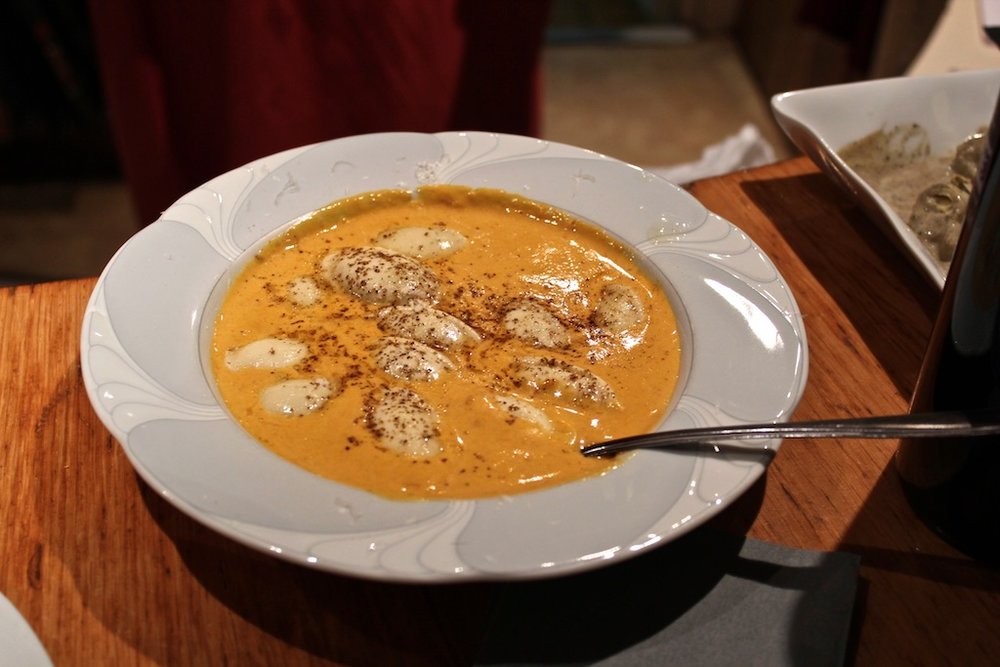
Next came a bowl of homemade ravioli, stuffed with foie gras and smothered in a creamy pumpkin sauce. Then a pan-seared slab of foie gras on toast, then a pâte of foie gras with a bottle of Sauternes. I was going from zero to a hundred, real quick. We ended up eating nothing but organ meat, cream, and fat for the next two hours and I didn't make it to bed until around 2 AM. I can't say I was savoring every bite of that incredible introductory meal—mainly because it was all so new—but I was indeed relishing the experience. I think that it's still the most memorable meal of my life; a moment that I will never forget as long as I live because of what it elucidated. On this year's trip to Chez Simone—my fourth visit at this point—I couldn't have felt more nostalgic about the place. Having finally learned enough French to communicate, as well as having developed my palate along the way, I was no longer intimidated or scared by a culture that at one point felt completely incongruous. It's amazing the difference that a few years can make when you make a concerted effort to improve your understanding.
I'm bringing up this experience for a number of reasons; one being that I'm heading back to France this weekend and I plan on posting a series of articles about foods that I never would have ordered five years ago. Now that I'm brave enough to order with abandon, I wanted to get back in touch with that original sense of complete naivete. Another reason is that I'm still constantly meeting people who feel intimidated by wine or whiskey because they feel like everyone around them knows more than they do. They don't know the difference between Bordeaux and Burgundy, or between a single malt and a single barrel, and they're embarrassed to ask. Let me tell you all something: you probably know a lot more than I did when I started out in this business. I was a complete novice. If I can learn about all this stuff, you can too.
It's partially because I was so green to French culture that I developed an interest in understanding it. I wanted to know more about it, so I started learning the language and began asking questions. All the answers are out there if you want them. Don't ever be afraid to put yourself out there and inquire about what you don't know (and don't ever be afraid to send me an anonymous email if you are). That's how we all start, ultimately.
-David Driscoll
